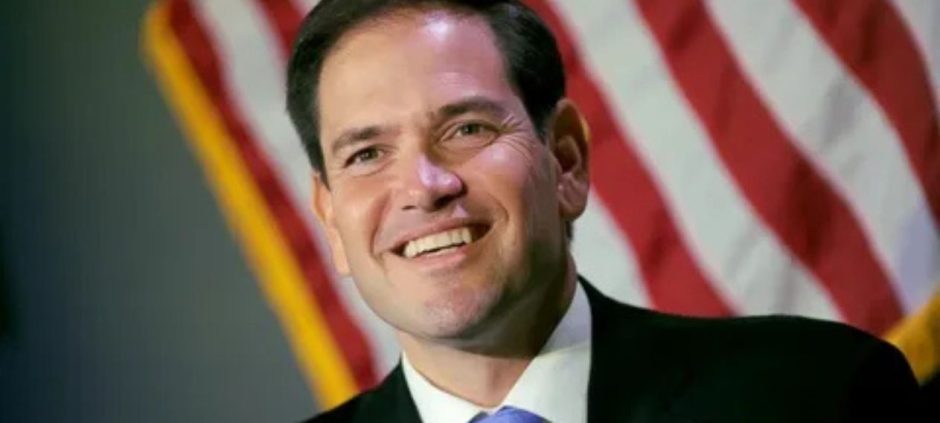US Secretary of State Rubio is likely to visit Pakistan in October, a development that signals renewed engagement between Washington and Islamabad. The expected visit comes at a time when both countries are looking to strengthen bilateral relations, address regional security, and explore economic cooperation.
According to diplomatic sources, discussions during Rubio’s visit to Pakistan are expected to focus on counterterrorism, trade, and people-to-people exchanges. Observers note that the trip could mark a turning point in how both nations navigate their shared interests in South Asia.
Rubio’s visit to Pakistan and its expected outcomes
The possible agenda of Rubio’s visit to Pakistan includes talks on regional stability, especially in Afghanistan, along with counterterrorism efforts. Trade and investment opportunities are also likely to be on the table, with Pakistan keen to enhance market access and attract US businesses.
The visit is also seen as an opportunity to reset ties that have faced challenges in recent years. While both countries have cooperated in areas such as security and education, differences over policy priorities have sometimes overshadowed progress. Analysts suggest that Rubio’s trip to Pakistan could pave the way for a more balanced partnership in the future.
In addition, the US Secretary of State Rubio is expected to meet with political leaders, military officials, and civil society representatives. This inclusive approach highlights Washington’s interest in engaging with multiple stakeholders to build stronger ties with Pakistan.
The anticipated trip comes shortly after Rubio extended congratulations to Pakistan on its Independence Day. In his message, he praised the resilience of the Pakistani people and reaffirmed America’s commitment to partnership. More details about that statement can be found in Rubio congratulates Pakistan on Independence Day 2025.
Why Rubio’s visit to Pakistan matters now
Experts believe that timing is critical. Pakistan is navigating both economic recovery and regional challenges, while the US seeks reliable partners in South Asia. Rubio’s visit to Pakistan is therefore being viewed as more than ceremonial, it is a chance to chart a pragmatic course for cooperation.
If finalized, the October trip could bring renewed energy to the relationship. It may also help shape future collaboration in trade, technology, climate action, and education, areas that are increasingly important for both sides.
As anticipation builds, policymakers and analysts will be watching closely to see how Rubio’s visit to Pakistan translates into concrete outcomes for both nations.











